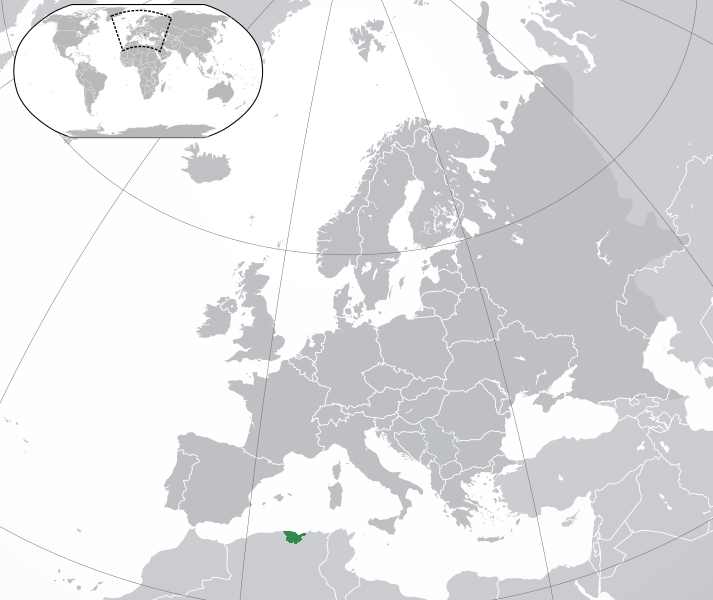Quinquegentiani on:
[Wikipedia]
[Google]
[Amazon]
 The Quinquegentiani were a
The Quinquegentiani were a
 The Quinquegentiani were a
The Quinquegentiani were a Classical Age
Classical antiquity (also the classical era, classical period or classical age) is the period of cultural history between the 8th century BC and the 5th century AD centred on the Mediterranean Sea, comprising the interlocking civilizations of ...
Berber tribal confederation inhabiting the lands between the cities of Saldae and Rusuccuru, a region which is now known as Kabylia
Kabylia ('' Kabyle: Tamurt n Leqbayel'' or ''Iqbayliyen'', meaning "Land of Kabyles", '','' meaning "Land of the Tribes") is a cultural, natural and historical region
Historical regions (or historical areas) are geographical regions which ...
. Their territory laid at the eastern border of the Roman
Roman or Romans most often refers to:
*Rome, the capital city of Italy
*Ancient Rome, Roman civilization from 8th century BC to 5th century AD
*Roman people, the people of ancient Rome
*'' Epistle to the Romans'', shortened to ''Romans'', a lette ...
province of Mauretania Caesariensis, and although they were officially under Roman rule, they acted very autonomously.
Etymology
The ethnonym ''Quinquegentiani'' means "People of the Five Tribes" inLatin
Latin (, or , ) is a classical language belonging to the Italic branch of the Indo-European languages. Latin was originally a dialect spoken in the lower Tiber area (then known as Latium) around present-day Rome, but through the power of the ...
. This suggests that the Quinquegentiani were a confederation of several different Berber tribes instead of a single tribe.
Divisions
Since the five tribes which in the 2nd to the 3rd century occupied this region are known. The constituent tribes of the Quinquegentiani were probably: the ''Toulensii'', the ''Baniouri'', the ''Tyndenses'', the ''Nababes'' and the ''Massinissenses''.History
In AD 253, the Quinquegentiani, who had formed a confederation with theBavares
The Bavares (also Babares or Baveres) were a Berber tribe living in the Roman province of Mauretania Caesariensis between the 3rd and 5th centuries AD. They are known only from inscriptions. They are sometimes portrayed as nomads and other times ...
and the Fraxinenses, two other Berber tribes from the region, started attacking and pillaging Roman
Roman or Romans most often refers to:
*Rome, the capital city of Italy
*Ancient Rome, Roman civilization from 8th century BC to 5th century AD
*Roman people, the people of ancient Rome
*'' Epistle to the Romans'', shortened to ''Romans'', a lette ...
and Roman-aligned settlements in Numidia. These hostilities led to a Roman intervention, but because of more urgent troubles, such as the death of Emperor Aemilianus and the imperial succession, the war lasted for a decade and the Romans finally managed to restore order in AD 262. The tribal confederation was then disbanded and the tribes were driven back to their native lands.
The Quinquegentiani once again rebelled against Roman rule in AD 289. This time, they were once again backed by the Bavares. The rebellion was successful at first, but in 297, the Roman forces of Maximianus Herculius
Maximian ( la, Marcus Aurelius Valerius Maximianus; c. 250 – c. July 310), nicknamed ''Herculius'', was Roman emperor from 286 to 305. He was ''Caesar'' from 285 to 286, then ''Augustus'' from 286 to 305. He shared the latter title with his ...
started a bloody offensive, which drove the rebels back to their native lands in the Atlas
An atlas is a collection of maps; it is typically a bundle of maps of Earth or of a region of Earth.
Atlases have traditionally been bound into book form, but today many atlases are in multimedia formats. In addition to presenting geograp ...
and Grand Kabyle Mountains; however, Maximianus wasn't satisfied with this, and in early 298 he invaded their native lands to inflict a bigger punishment upon the rebels; by using scorched earth tactics and by killing as many as he could, he supposedly drove the Quinquegentiani into the Sahara. By spring 298, the war was concluded, and the Quinquegentiani disappeared from Roman records.
References
{{Berber Military history of ancient Rome 3rd century in the Roman Empire Berber peoples and tribes Ancient Algeria Mauretania Caesariensis